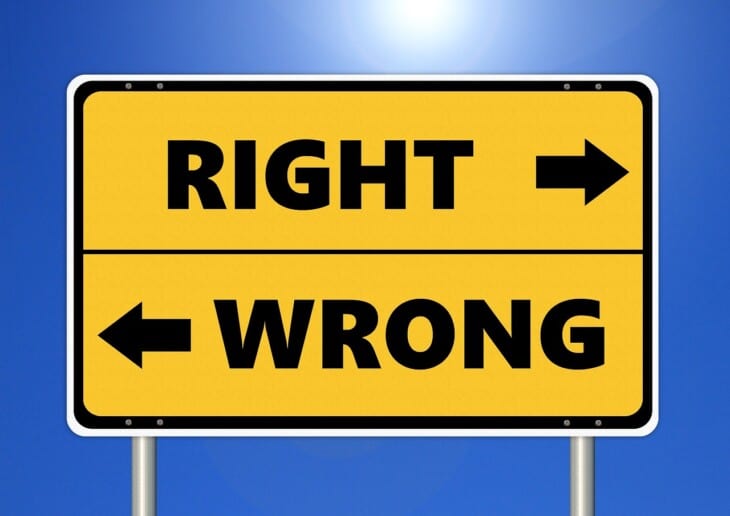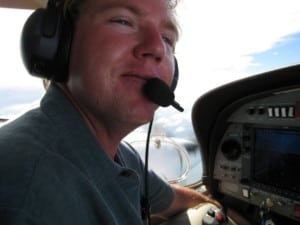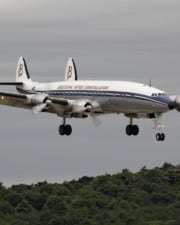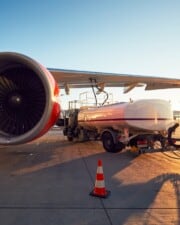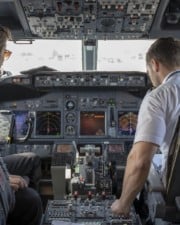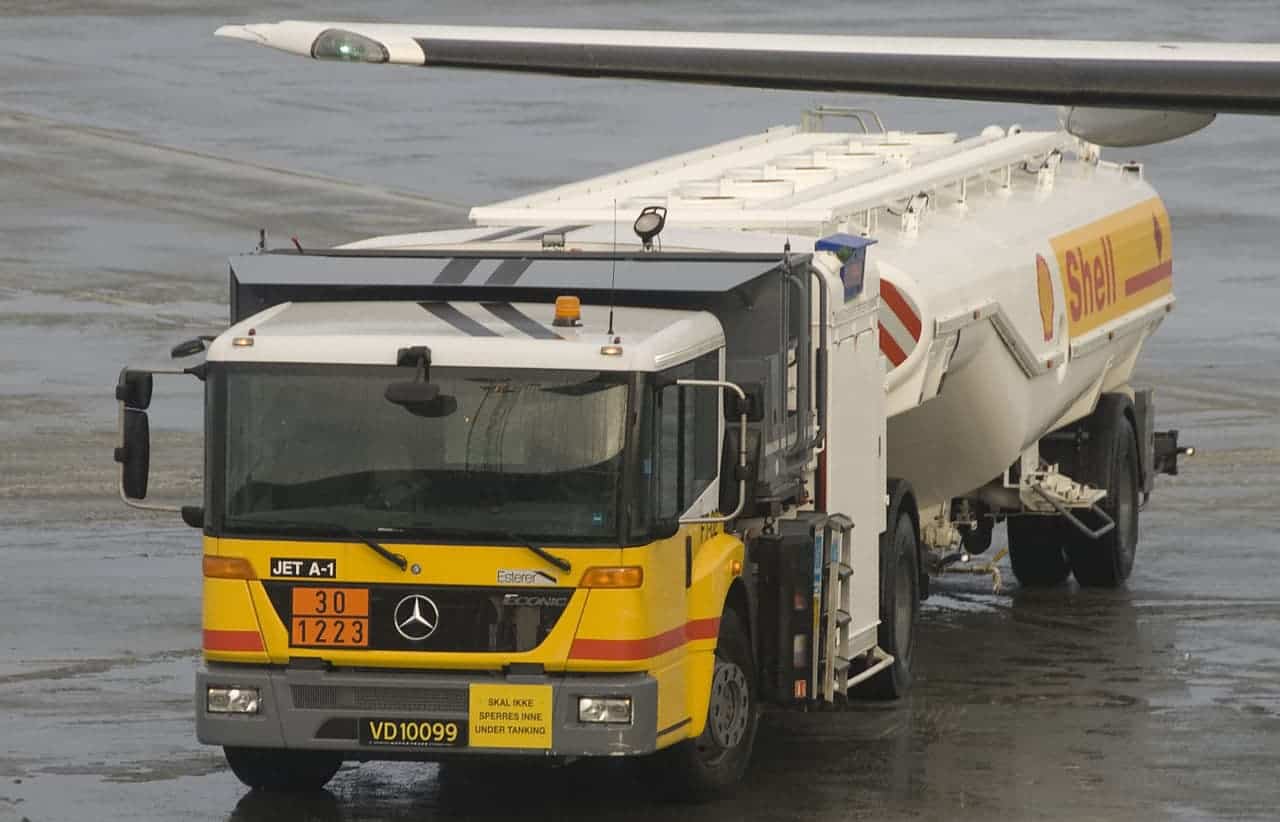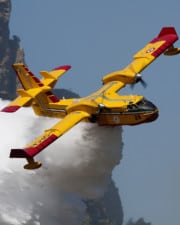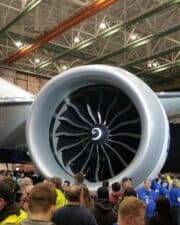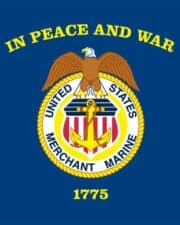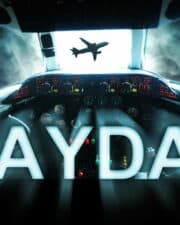Ethics, the moral principles that govern our behavior, play a key role in every individual’s and organization’s actions. As a result, aviation is not immune. Aviation is certainly more heavily regulated than other industries. But at its core, ethics studies why those regulations matter.
Ethics is also applied much more broadly than simply following set regulations. More often than not, regulations deal with safety issues. But institutions face many non-safety decisions daily that should also be addressed from an ethical framework.
What is Ethics in Aviation?
According to Oxford Languages, ethics is defined as the moral principles governing a person’s behavior when conducting an activity. And while ethics play a part in everyone’s daily life every time we think about what’s right and wrong, ethics gets discussed more in business school than in day-to-day living.
Most of us have a moral compass that guides us through life. But when a group forms a team and works as an organization, it cannot rely upon any one person’s morals to be followed–or even agreed upon.
For this reason, studying and applying an ethical code of conduct is important in any team endeavor. That team could be a sports team, a government agency, a corporate flight department, an aircraft manufacturer, or even the flight crew in the cockpit.
Importance of Ethics in Aviation
The National Business Aviation Association (NBAA) also points out that unethical behavior in things unrelated to safety can trickle down within an organization until it also permeates the safety program. Further, having a company-wide “clear ethical compass over time” will help organizations build trust among their employees and regulators, an essential element to success in this industry.
Many texts and training materials in the industry discuss the concept of professionalism, which includes ethical behavior as a construct. Unfortunately, the teaching of ethics remains slightly controversial and has limited success.
The FAA Safety Team has published a human factors guide that includes seven key principles of ethical behavior. The document, specifically geared toward ethics in maintenance, is worth a read regardless of your aviation interest. The seven principles are as follows.
- Respect — “Treat others as you want to be treated.”
- Non-Malevolence — “Do no harm.”
- Benevolence — “Promote the well-being of others.”
- Integrity — “Be professional.”
- Justice — “Treat people fairly.”
- Utility — “Promote the greatest good for the greatest number of people.”
- Double Effect — “Choose actions so the good outweighs the bad.”
Ethics in Aviation Safety
One unique aspect of ethics in aviation is its role in affecting safety. In many professions, the role of the individual may not have much impact on the public. For example, an accountant who overlooks capital gains for a client may not be putting anyone’s life at risk, even as they open themselves and their clients up to financial and legal complications.
But everyone, from the ground crew who empties the lav to the captain in the left seat, has a direct responsibility to the passengers on an airplane. This means that ethical issues in aviation are especially important.
Examples of Ethics and Codes of Conduct
While the FAA publishes the rules, many other organizations publish codes of ethical conduct. These codes are tailored to different professions to ensure they’re as meaningful as possible.
The number one source of information about ethics in aviation is from professional organizations. For example, SAFE (Society of Aviation and Flight Educators) has a code of ethics for teachers and instructors. These standards focus on creating well-trained professionals with the knowledge and skills they need to succeed.
Here’s a list of major codes of ethics published by various trade organizations worth checking out.
- AMTMCC — Aviation maintenance technicians model code of conduct
- SAFE — Aviation educators’ code of ethics
- NAFI — Flight instructor code of ethics
- ALPA — Airline pilot code of ethics
- FAA — Aviation Safety Inspector code of ethics
- Delta Airlines — Company-wide code of ethics
- American Airlines — Business ethics
Do Pilots Have a Code of Ethics?
One of the most extensive comes from ALPA, the Air Line Pilots Association.
ALPA’s Code of Ethics covers everything from a pilot’s duty to their passengers, their crew, their company, themselves, and their community. You can read it in its entirety on the Air Line Pilots Association website.
Government Employees and FAA Ethics
Ethics is particularly important in government positions, where an individual’s authority over others can more easily provide an incentive for less than ethical choices. Government overseers also often have inside information, so written ethical codes of conduct are the norm to ensure their impartiality and to avoid conflicts of interest.
All branches of the US government have published ethical policies and oversight to ensure employees are trained and follow the accepted norms. The FAA is part of the Department of Transportation, whose ethics policy is overseen by the Office of the General Council.
The DOT’s ethical code was set out in the 1990 Executive Order 12731. It includes five main standards of ethical conduct for executive branch employees. These standards are also laid out in 5 CFR Part 2635, the Office of Government Ethics (OGE) regulations.
- No holding financial interests that conflict with your duties
- No receiving gifts from those who you oversee or do business with
- No financial transactions using non-public information for personal gain
- You should be impartial, protect and preserve Federal property, report waste and fraud, adhere to all equal opportunity laws and regulations
- You should always strive to avoid any appearance of violating these standards
Additionally, FAA employees must adhere to a supplemental ethical standard.
- No holding stocks or securities in an airline, aircraft, or component company
These are just some of the specific requirements that FAA employees must abide by. In addition, there are many other laws and regulations that cover everything from bribery, gifts, and nepotism to post-employment restrictions, participation in partisan politics, and lobbying.
Case Studies and Examples of Ethics in the Airline Industry
One of the best ways to study ethics is through case studies and thought exercises. So what would you do if faced with a set of challenges?
Examples of Ethics in Aviation Maintenance
The job of an aviation maintenance professional is a perfect case study of ethics in aviation. Whereas pilots and flight crews face aviation safety from a more personal level, maintenance staff are not flying in the planes they work on.
Another element of aviation maintenance is the mountain of paperwork and record-keeping that comes along with it. It’s easy to imagine a large maintenance shop “rubber stamping” paperwork to clear away the tedious component of the job. Did the person signing their name personally inspect what they are certifying as good to go?
It’s also easy to imagine situations where line mechanics are rushed, behind schedule, or otherwise pressured by external factors. What is their primary concern? The safety of the operation is the easy answer, but it too easily discounts the pressures put on employees by their superiors, schedules, and commitments.
Ethical Questions on the Flight Deck
What about flight crews? Is there a set code of ethics that they must follow? Most training curriculums spend plenty of time discussing legal obligations and the importance of professionalism as a pilot, but few discuss ethical quandaries.
Many ethical issues can be imagined as a pilot picking and choosing their interpretation or reading of the Federal Aviation Regulations.
For example, Part 61 lays out currency standards for pilots. A pilot, operating independently, is responsible for tracking their takeoffs and landings in the last 90 days, day and night.
They are responsible for logging three solo landings to meet the requirements if they aren’t current. Getting the required time in isn’t usually a problem, but what if the pilot is rushed for a trip or the weather gets bad on the day they plan to do their currency flight? What if a flight extends late, and they aren’t night current?
Instrument pilot currency is even more complicated. To maintain IFR currency, pilots must have logged six instrument approach procedures, holds, and tracking navigational courses in the last six months. But a pilot rarely flies an approach to minimums.
What if a pilot logs an approach, but it was in good weather, and they were flying VFR the whole time? Does that count? It doesn’t, but pilot records are seldom logged carefully enough for someone to tell that after the fact.
These are just two examples of situations where ethics play a role in a pilot’s interpretation of the regulations. Not only must the pilot know their legal responsibility, but they must also believe in the spirit of the FAR–why it exists and why it needs to be applied to them at that moment.
Examples of Ethics in Aerospace and Engineering
As a final example of ethics in aviation, let’s examine the events surrounding the grounding and investigations of the Boeing 737 Max aircraft line.
After a string of high-profile accidents, the FAA grounded the fleet worldwide. A thorough review of the certification process was undergone, ultimately leading the US Congress to conduct an independent review.
The FAA review of Boeing resulted in an Airworthiness Directive that dictated new flight control software, updated cockpit display systems, and revised operating procedures.
But Congress’s review and the accident’s fallout raised many ethical questions. For example, who knew about potential problems with the design and when? At the time, many media outlets reported that the FAA may have been too lax in their oversight of Boeing, allowing the company too much leeway in their own assessments of the aircraft. Likewise, Boeing was accused of covering up defects in the design and the FAA’s lack of oversight.
The entire debacle is beyond the scope of this article. But all of this points to a complex issue–the inter-relation of the aerospace industry when it comes to aircraft design, manufacturing, regulators, and pilot training.
All of this stirs up an ethical stew of questions to wade through.
- Did Boeing rush the design through to meet demand and competitive pressures from Airbus?
- What was Boeing’s responsibility if the FAA was being lax with its certification standards?
- Did any pilots or training professionals know about the issues in advance? Did they have a method available to make their voices heard?
- Were issues brought to Boeing or the FAA’s attention, and were they disregarded?
Much of the above is speculation and conjecture, as with any philosophical discussion. The purpose is to illustrate the complex and involved ethical issues in the aviation industry.
Related Posts
